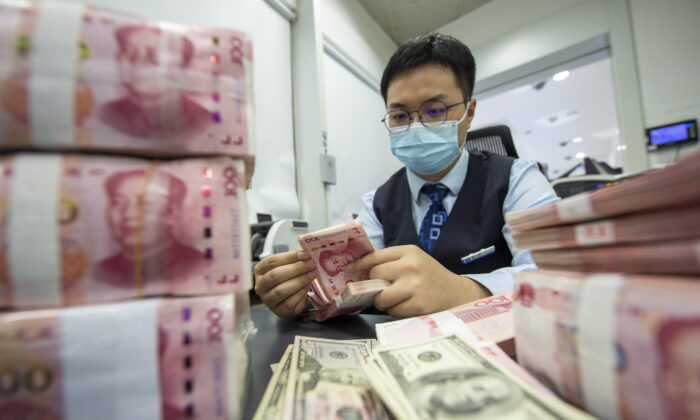Commentary
China’s announcement of a 300 billion Yuan bank loan to aid the housing sector appears to be insufficient considering the outstanding amount, as discussed in my previous article. It is unusual that the proposal tasks banks with being the lender of last resort instead of the central bank, which is the norm in most countries facing a similar crisis. Surprisingly, the People’s Bank of China did not resort to printing money or injecting liquidity, nor did they initiate a rate cut cycle.
There are several possible reasons for this inaction. Firstly, internal conflicts within the regime may have played a role. The accumulation of wealth by billionaires could pose a threat to the existing dictatorship, and creating a housing crisis could potentially reduce their wealth. Secondly, the decision to not intervene may be an attempt to avoid a more drastic economic collapse in the future. However, this approach carries the risk of the situation spiraling out of control, as most crises tend to do. The regime in China seems to be aware of this potential outcome.
Another plausible reason for their restraint is the historical precedent of excessive money creation leading to hyperinflation and the subsequent collapse of the currency and political regime. China experienced this in the 1940s, which has likely influenced their current cautious approach. While countries like the U.S. and Japan have engaged in significant money creation without adverse effects, the scale of China’s economy raises concerns about the potential consequences of such actions.
In recent years, China has undergone periods of monetary expansion, with M2 year-over-year growth reaching double digits. However, instead of inflation, these expansions have resulted in deflation due to debt crises, accompanied by currency depreciation. This trend underscores the risk that excessive money creation poses to the value of the currency, as evidenced by recent experiences.
The strategy of gradually printing excess money while allowing the currency to depreciate slowly, even in the face of defaults and a severe recession, seems to be the only viable option at this point. However, the uncertainty surrounding the potential devaluation of the currency remains high.

The only tactic remaining was to print excess money in a relatively ordered manner, letting the currency depreciate gradually, even in the face of a series of defaults resulting in a severe recession. One day, they might devalue the currency sharply, but the uncertainty of doing so is very high.
Please rewrite the following sentence for me:
“The cat quickly ran across the street.”
Source link







